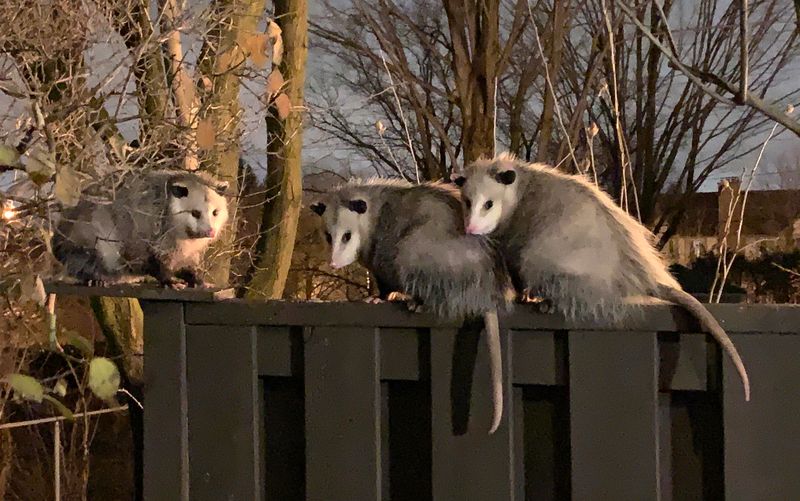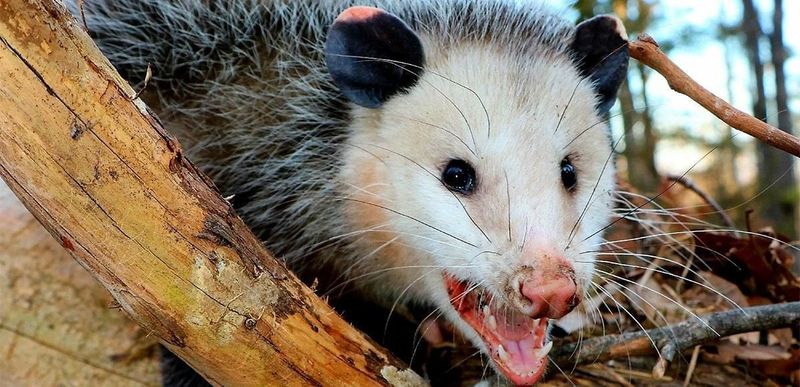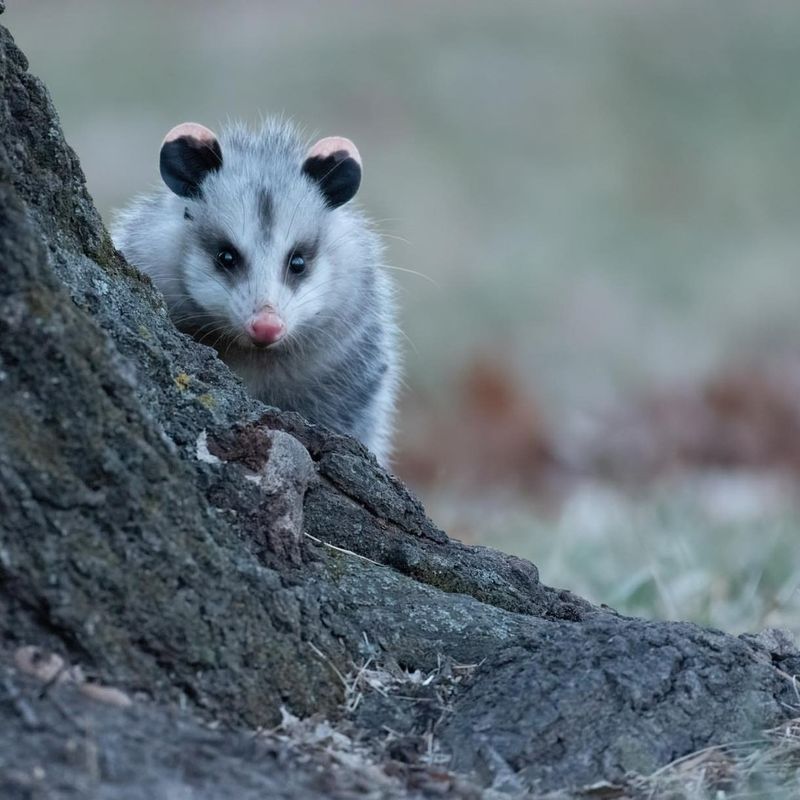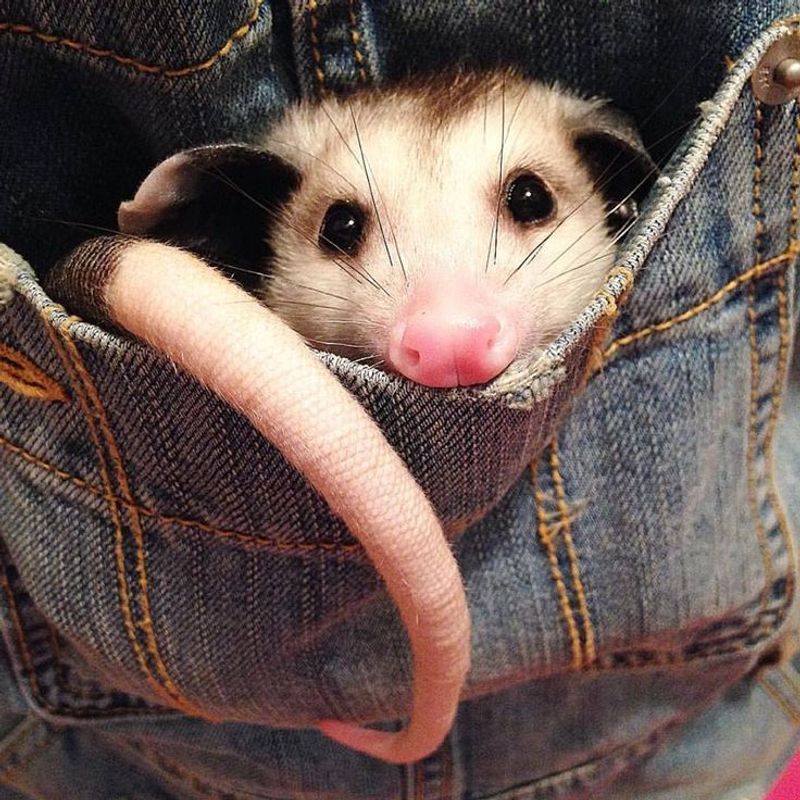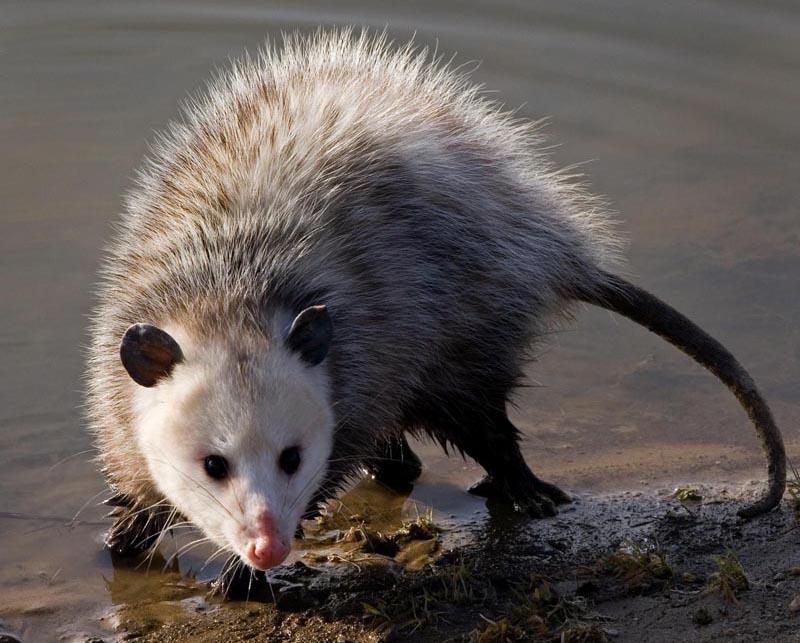Possums might seem like pests in Utah yards, but taking them out too quickly can cause more harm than good. I’ve learned that these little night wanderers actually help control unwanted insects.
Knowing their benefits before making a decision makes a big difference. Think it through—you might just want to let them stay.
1. Legal Regulations and Wildlife Laws
Wildlife laws in Utah are stricter than many people realize. Before attempting any removal, you need to check with the Division of Wildlife Resources about proper permits and procedures.
Removing wildlife without authorization can result in hefty fines or legal trouble. Most Utah counties require licensed professionals to handle possum relocation, ensuring animals are treated humanely and moved to appropriate habitats.
Always contact local authorities first to stay on the right side of the law.
2. Natural Pest Control Benefits
Did you know possums are nature’s cleanup crew? A single possum can devour up to 5,000 ticks in one season, protecting your family from Lyme disease and other tick-borne illnesses.
Utah residents often underestimate how valuable these creatures are for controlling unwanted pests. They also munch on cockroaches, beetles, slugs, and even venomous spiders lurking around your property.
Before removing them, consider the free pest control services they provide.
3. Rabies Risk is Extremely Low
Many Utah homeowners worry about rabies when they spot possums, but this fear is largely unfounded. Possums have a remarkably low body temperature that makes it nearly impossible for the rabies virus to survive in their systems.
Compared to raccoons, skunks, or bats, possums pose minimal health risks. They’re actually one of the safest wild animals you might encounter around your Utah home.
Education beats fear every time when it comes to wildlife.
4. Temporary Visitors, Not Permanent Residents
Possums rarely stick around for long periods in one location. Their nomadic nature means they’re constantly on the move, searching for food and suitable shelter across Utah neighborhoods.
Most sightings involve possums simply passing through your yard rather than establishing permanent residence. They typically move on within a few days or weeks without any intervention needed.
Patience often solves the problem naturally, saving you time, money, and unnecessary stress about removal.
5. Humane Removal Methods Matter
If removal becomes absolutely necessary, choosing humane methods protects both the animal and your conscience. Utah wildlife experts recommend live traps that allow for safe, stress-free relocation to appropriate habitats.
Poison, glue traps, or lethal methods are cruel and often illegal in residential areas. Professional wildlife handlers understand proper relocation distances and suitable release sites that give possums their best chance at survival.
Compassion costs nothing but means everything.
6. Environmental Impact on Local Ecosystems
Every creature plays a vital role in maintaining ecological balance throughout Utah’s diverse environments. Possums help control rodent populations, clean up carrion, and disperse seeds through their droppings.
Removing them disrupts natural food chains and can lead to unexpected consequences like increased snake or rodent activity. Utah’s ecosystems evolved with these marsupials as integral participants, contributing to overall environmental health.
Think bigger picture before making removal decisions that affect nature’s delicate balance.
7. Alternative Deterrent Strategies
Prevention beats removal every single time when dealing with possums around your Utah property. Simple changes like securing trash cans with tight lids, removing pet food bowls at night, and sealing potential den sites under porches work wonders.
Motion-activated lights or sprinklers can discourage nighttime visitors without causing harm. Trimming tree branches away from your roof prevents easy access to attics and upper levels.
Smart deterrents create peaceful coexistence for everyone involved.


